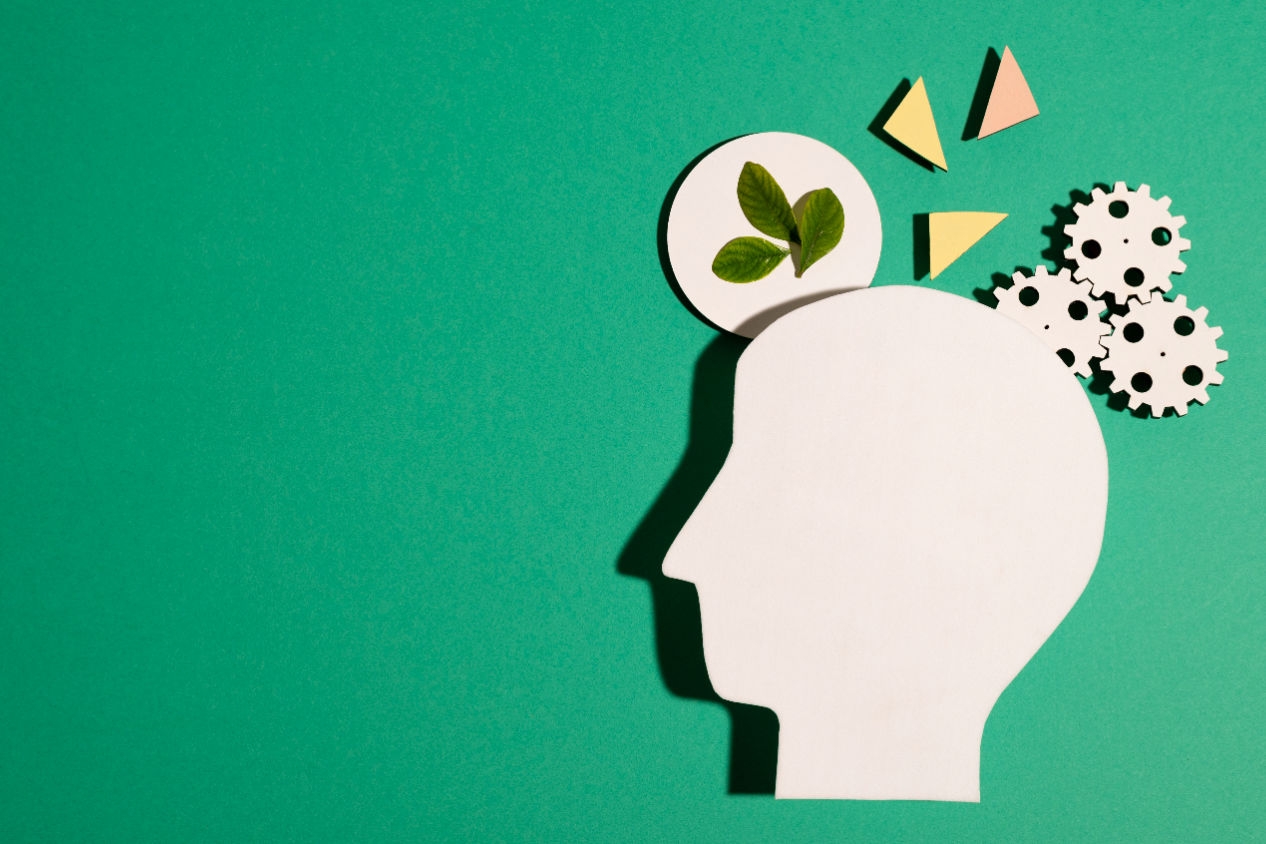The beginning of January is a great time to think about what we might like to achieve in the year ahead—finding better ways of doing things or dropping habits that haven’t served us well. But making changes can be difficult, and ambitious goals can often feel out of reach. We asked five Cambridge experts for their tips on realistic ways to boost our body and mind health in 2025. Their advice, based on decades of scientific research, adds up to a long-term strategy for looking after body and mind.
Brain Health
For the best brain health and to get the most enjoyment out of life, Professor Barbara J. Sahakian and Dr. Christelle Langley from the Department of Psychiatry recommend adopting these healthy habits:
- Get a good night’s sleep: Sleep is critical for brain health. Studies show that 7–8 hours of consistent sleep benefits cognition, wellbeing, and physical health. During sleep, the brain removes toxins and consolidates memories.
- Nurture your social life: Humans are social beings, and maintaining social connections is key to brain health. Having about five friends is linked to better cognition and wellbeing, while social isolation increases dementia risk.
- Keep your mind active: Lifelong learning and challenging activities promote cognitive reserve and resilience, improving outcomes in brain injury and neuropsychiatric conditions. Cognitive games like those available through PEAK can be beneficial.
Sahakian and Langley’s book, Brain Boost: Healthy Habits for a Happier Life, will be available from 23 January 2025.
Reducing Alcohol Consumption
Professor Theresa Marteau, Director of the University of Cambridge’s Behaviour and Health Research Unit, offers tips to drink less in 2025:
- Use smaller glasses: Smaller portions lead to lower consumption. A switch to 300ml glasses reduces wine consumption by 7%.
- Buy smaller bottles and cans: Research shows households consuming 50cl wine bottles drank 5% less than those with standard 75cl bottles.
- Choose non-alcoholic drinks: Increasing the proportion of non-alcoholic options makes it more likely you’ll choose them over alcoholic beverages.
Mental Health
Dr. Camilla Nord, who leads the Mental Health Neuroscience Lab, provides advice for boosting mental health:
- Do things at the right time for you: Align your tasks with your natural circadian rhythm to harness motivation effectively.
- Do some exercise: Physical health impacts mental health. Exercise helps by reducing inflammation and boosting emotional resilience.
- Don’t neglect pleasure: Engaging in enjoyable activities like laughing, dancing, or eating your favorite meal improves mental health.
Nord’s book, The Balanced Brain: The Science of Mental Health, has been recognized as a ‘Book of the Year’ by the Financial Times, Times, and Prospect Magazine.
Diet and Nutrition
Professor Nita Forouhi, from the MRC Epidemiology Unit, shares food tips for better health:
- Eat plenty of fruits and vegetables: Aim for 5-a-day, and include variety to reduce the risk of type 2 diabetes and cardiovascular disease.
- Cut down on red meat: Both processed and unprocessed red meat increase diabetes risk. Consider alternatives like fish, beans, or lentils.
- Avoid sugary soft drinks: Regular consumption is linked to a higher diabetes risk. Swap sugary drinks for water, milk, or unsweetened beverages.
The University of Cambridge has published this text under a Creative Commons Attribution 4.0 International License. If you want to read the original, follow the link.




